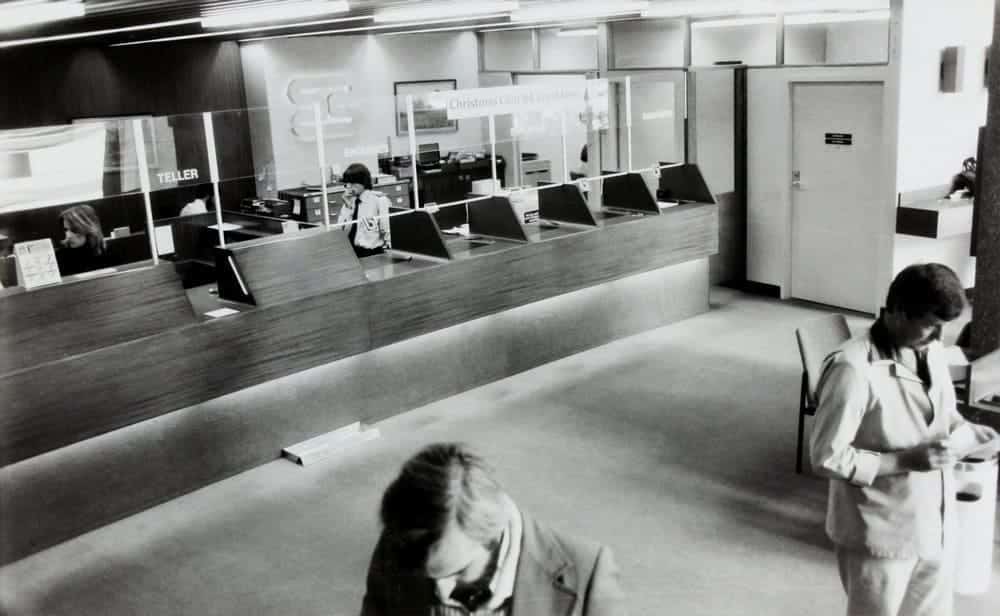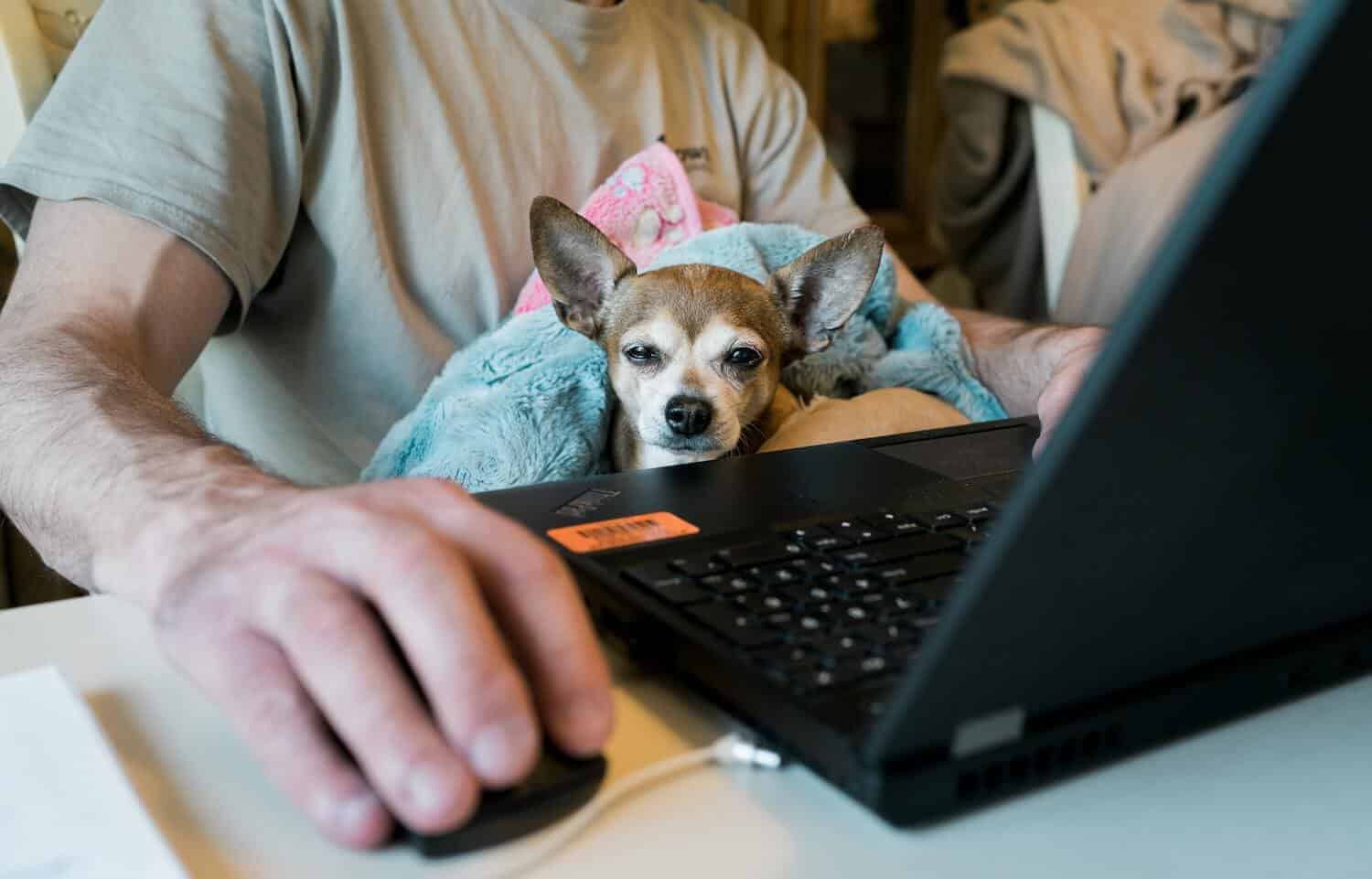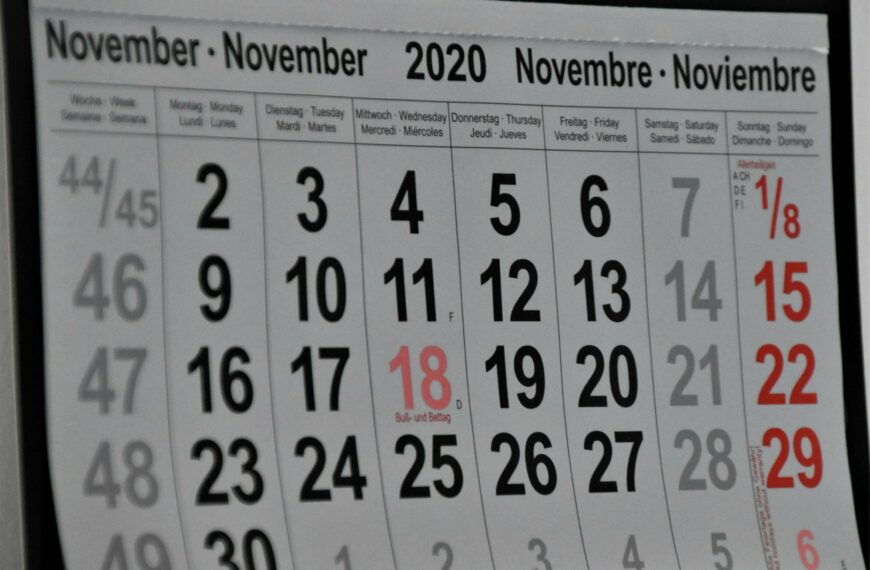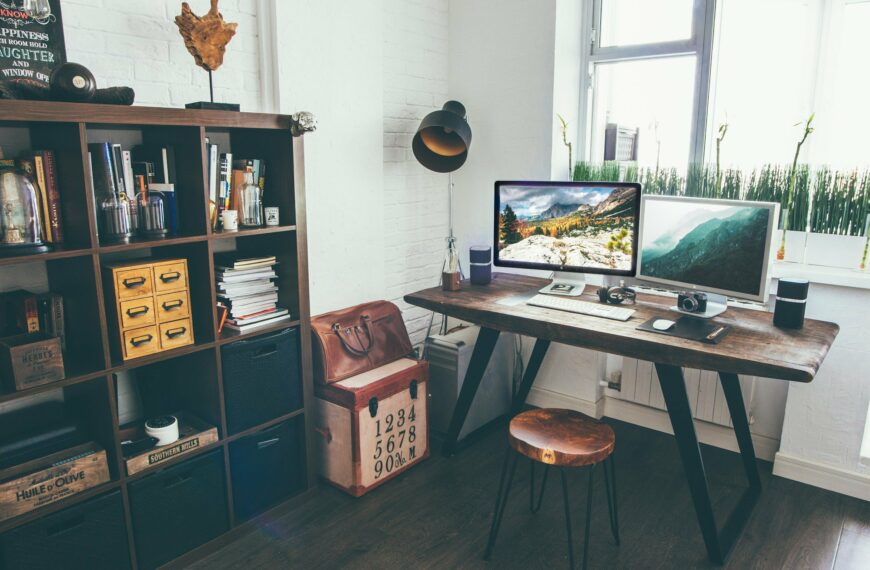The world is finally working remotely. Sure, it’s taken a deadly global pandemic for us to give it a go, but we have finally made the jump. At long last, we’re embracing the benefits of what technology has been able to offer us for so many years.
We’ve swapped a fairly miserable, unproductive commute, for a daily walk around our neighbourhood (who knew it was so nice?). We’ve switched our meal deal sandwiches for proper food, ate at a table with people we actually like. Perhaps we’ve even stopped separating ‘work’ from ‘life’ so aggressively (what does that even mean…?).
The boss of Barclays, a bank founded back in 1896, has said “the notion of putting 7,000 people in a building may be a thing of the past” when looking at their plans post-COVID.

If bankers – working in one of the most regulated and traditional industries on the planet – can adjust their status quo within a matter of weeks, what does that say about the rest of us?
We tell ourselves we’re entrepreneurs, game-changers, rulebreakers even, but often our remote work routines barely make it past the confines of a stuffy Regus office. It’s time to make a change, for good! But why you ask?
You’ll Save Tonnes Of Cash
Despite British MPs being awarded an extra £10k in office costs to work remotely, remote work is, believe it or not, cheaper than office work.
A report from Instant Offices outlines that the average cost for an office in London can range from £650 to a staggering £1500 per person per month. And that’s just for the building, let alone the seemingly endless expenses that come with it.
Working from home – or even paying for your team to drop into a local co-working space when they’d like some company – means you’ll have more of your budget to invest in things that actually make a difference to the success of your company. Like making your staff happier or even hiring more of them.
You’ll Be A Lot Healthier
The average commute sucks up 59 minutes per person in the UK. That’s 2 hours a day simply moving your body from one place to another place, every single day. For what end?
Working from home means no commute. No commute means more time for you and your team to what you want to do. Whether that’s a morning run, making a healthy breakfast or simply spending time with our families at the end of the working day, those extra hours can be used to reduce your stress levels, level up your diet, improve your wellbeing and have fun! Over time, an extra hour here and there of ‘me time’ really does add up.
We’re not saying you need to start your day like this:

But maybe, just occasionally, we could allow ourselves to be more like this:

Remote work isn’t perfect. But surely you’d rather spend 2 hours a day doing something you really want to do – something that will make you healthier and happier – instead of listening to yet another podcast?
You’ll All Get More Done
Unsurprisingly, not feeling burnt out, tired or fed up makes for more productive working days. In fact, there are so many big picture benefits to a remote working lifestyle when it comes to our productivity – better health and wellbeing make a difference here.
However, often it’s the little things that count. For many of us, it could come down to our working environment.
When we work remotely, we can design a working space that works for us, not against us. We can trade a distraction-filled, open-plan office for our own, carefully curated oasis – one with music or silence, one with a standing desk and three screens, or just an iPad, one with a view of the garden or just a white wall. We get to adapt our environment to suit our needs, our role in the business and how we know we work best.
And for those of us with the desire to – Buffer reports 30% of us choose remote work for this exact reason – we could even work anywhere in the world. It takes time and energy to make the adjustment work well at first, but working from Bali or Bangkok isn’t quite as difficult as you might think it is.
When we work remotely, we have far more autonomy to make our own rules. We can be more… us.
And, according to countless studies, this makes us far more productive. In this study, Professor Nichola Bloom found remote workers were 13.5% more productive and workers in the study took less time off, fewer sick days, shorter breaks and they saved $1900 per employee (oh and we’d bet the team were a whole lot happier, healthier and more likely to stay working there as a result!).
BONUS: You’ll Save The Polar Bears
Moving an object – namely you – from A to B uses energy. Planes, trains and automobiles all generate greenhouse gases. Multiply those journeys by billions of people around the world and, hey presto, we have one reason for why CO2 levels are rising.
Add to that the waste generated by offices – reams of paper, the disposable throw-aways from our favourite Boots meal deals, etc. – as well as the electricity used to keep the heating and lights on, and it all feels a little unnecessary.
We no longer work in factories, nor plough fields. Most of us simply travel to sit at a wooden table, with a different computer sat on it than the one we already have at home. In fact, 81% of UK GDP and 84% of jobs were based in a service industry.
Sure, not all these roles could be done entirely remotely, but we bet the vast majority of these jobs could have at least some remote work factored into their roles.
And, with that, we’ll do Greenpeace proud.
Drum Roll… You’ll Be Happier!
We don’t want to get too philosophical on you, but what’s it all for anyway?
If we have a healthier bottom line, a more flexible business model, a happier workforce, and we spend more of our own time achieving our goals, spending more time with the people we love, and looking after our mental wellbeing and physical health, we find our days are happier days.
And, as Queen says, “these are the days of our lives”.
Over time, these little wins from your new remote lifestyle will compound into great victories. These victories make us happier, more fulfilled people. And these happier, more fulfilled people lead better lives.
… And it all starts with a Zoom call.







